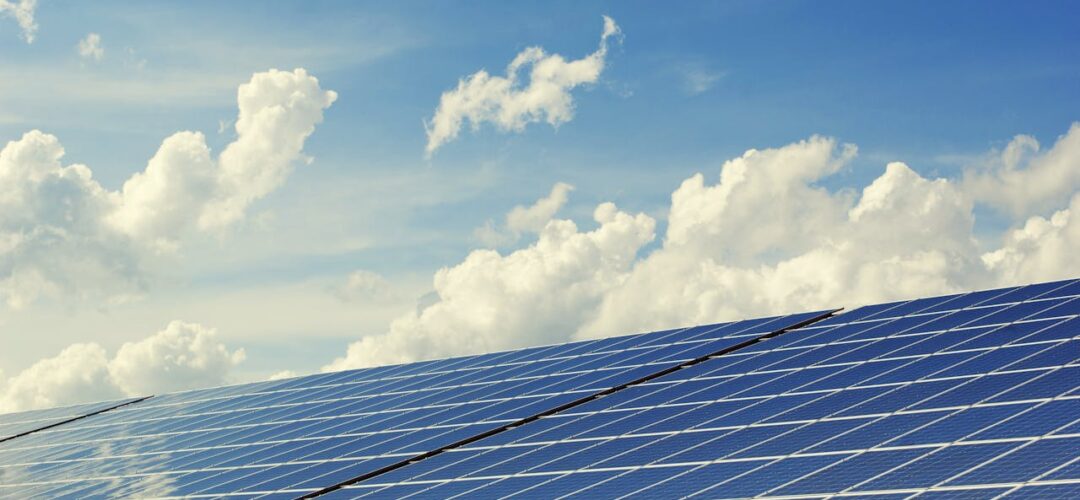As the demand for renewable energy solutions continues to grow, thin-film solar panels have emerged as a potential alternative to traditional crystalline silicon panels. Homeowners and businesses alike are eager to explore whether thin-film panels are worth the investment. Here are the factors to consider when determining the value of thin-film solar panels and whether they are a viable option for your energy needs.
- Efficiency and Performance – One of the primary considerations when evaluating the worth of thin-film solar panels is their efficiency and performance. Thin-film panels typically have lower efficiency compared to crystalline silicon panels, meaning they generate less electricity per unit area. Advancements in thin-film technology have improved efficiency levels over time, making them a more viable option for certain applications.
- Cost Savings – Thin-film solar panels may offer cost savings in terms of manufacturing and installation expenses. Their lightweight and flexible design makes them easier to transport, handle, and install compared to rigid crystalline silicon panels. Thin-film panels may be more suitable for unconventional mounting surfaces or locations with space constraints, potentially reducing installation costs.
- Durability and Longevity – Another factor to consider is the durability and longevity of thin-film solar panels. While thin-film technology offers advantages in terms of flexibility and resistance to shading, some types of thin-film panels may have a shorter lifespan compared to crystalline silicon panels. Research the specific brand and model of thin-film panels to assess their durability and warranty coverage.
- Aesthetics and Design – Thin-film solar panels are known for their sleek and minimalist design, making them an attractive option for residential and commercial applications. Their low-profile appearance blends seamlessly with rooftops and building facades, offering an aesthetically pleasing alternative to traditional solar panels. If aesthetics are a priority, thin-film panels may be worth considering for your energy system.
- Environmental Impact – Thin-film solar panels have a lower environmental footprint compared to crystalline silicon panels due to their simpler manufacturing process and reduced material usage. If sustainability and eco-friendliness are important factors in your decision-making process, thin-film panels may align more closely with your values and goals.
The worth of thin-film solar panels depends on your specific needs, preferences, and priorities. While thin-film technology offers advantages in terms of cost savings, flexibility, aesthetics, and environmental impact, weigh these factors against considerations such as efficiency, durability, and long-term performance. Consult with a reputable solar installer to assess the feasibility and value of thin-film panels for your energy system, ensuring that you make an informed investment decision that aligns with your objectives.






